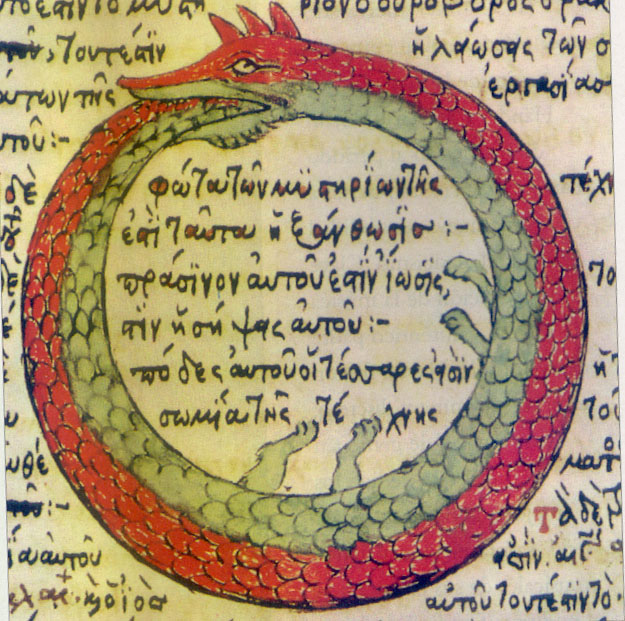
From Evan Minton at Cerebral Faith:
In defense of the Kalam Cosmological Argument, apologists such as William Lane Craig, Frank Turek, and myself will argue for the second premise (i.e that the universe had a beginning to its existence) by arguing that an actually infinite number of things are impossible. If an actually infinite number of things are impossible, then a beginningless universe cannot exist since it would involve an actually infinite number of things existing, namely, past events. If you’ve read my book Inference To The One True God, you’ll know that the reason to believe an actually infinite number of things cannot exist is that if they could, various absurdities would result. For example, if I had an actually infinite number of CDs all with an infinite number of songs on them, if you listened to only one CD, you would hear the same number of songs as you would if you had listened to every CD in my collection.
The problem though is that this argument seems to help the Christian in one area, but hurts him in another.
He offers
God’s omnipotence is not composed of an actually infinite number of things or units. It’s a qualitative infinite, not a quantitative one. Likewise, to say that God is omnipresent simply means that there is no place that exists where God is not. God’s infinite presence is likewise, qualitative and not quantitative. What about God’s eternality? This would only imply a quantitative infinite if one asserts that God is eternal in the sense of enduring through an actually infinite number of temporal moments. However, both the scientific2 and biblical evidence3 indicates that God was a timeless being sans the creation of the universe. More.
Thoughts?
 And if you need another puzzle to keep you awake, pick one of the following conundrums, like chocolates from a box:
And if you need another puzzle to keep you awake, pick one of the following conundrums, like chocolates from a box:
See also: Why is space three dimensions anyway? Why not six? A new theory is offered
Is zero even?
Absolute zero proven mathematically impossible?
Is celeb number pi a “normal” number? Not normal. And things get worse. Surely this oddity is related in some way to the unreasonable effectiveness of mathematics.
Durston and Craig on an infinite temporal past . . .
Physicist David Snoke thinks that Christians should not use the kalaam argument for God’s existence
and
Must we understand “nothing” to understand physics?